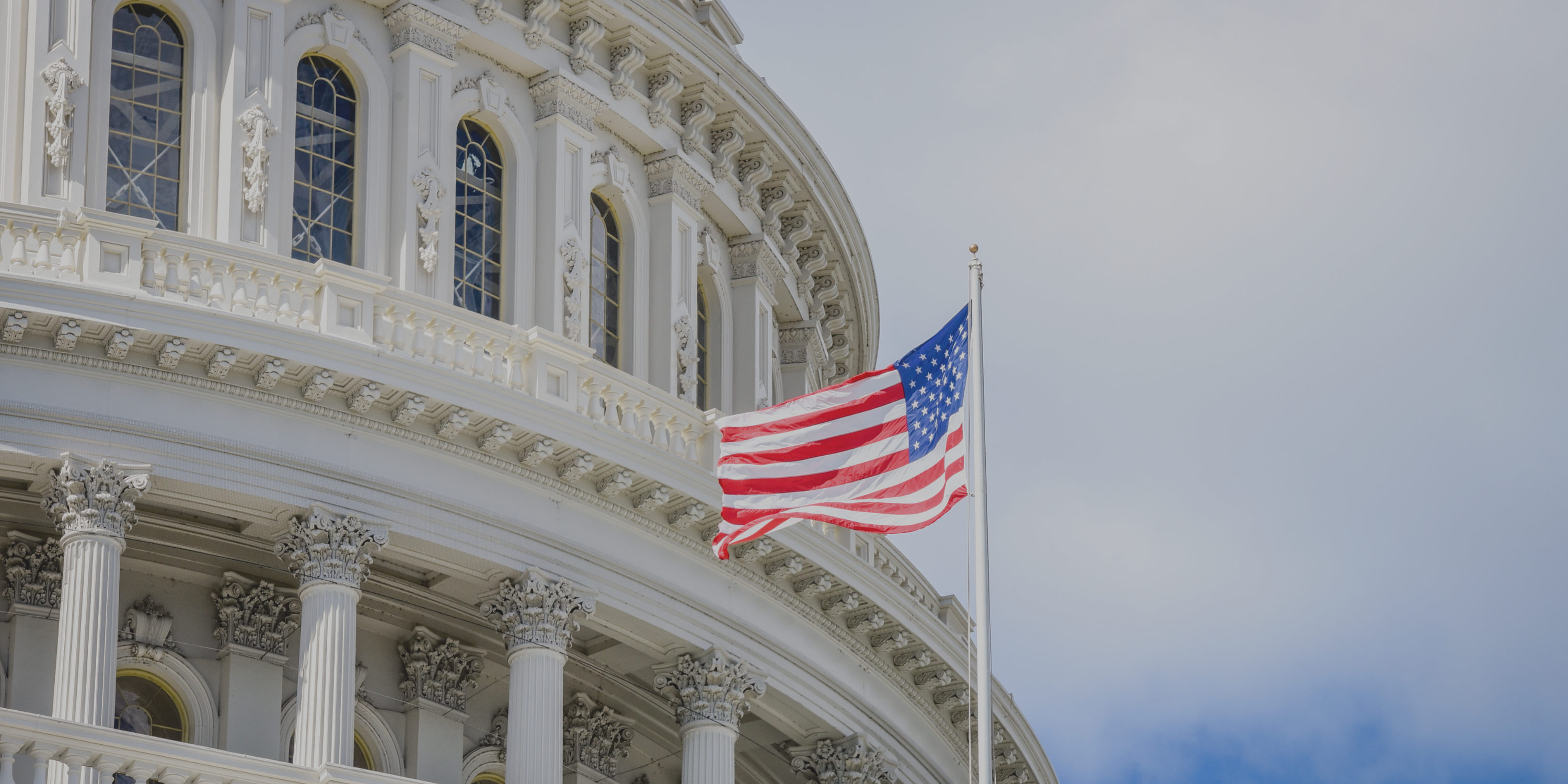On November 5, 2024, Donald Trump was re-elected President of the United States, defeating his opponent Kamala Harris. This second term has already had significant economic impacts, sparking much debate and differing opinions.
What are the notable economic impacts?
Firstly, Bitcoin has reached a historic value, surpassing the $75,000 mark on the night following the election. Upon being elected, Donald Trump pledged to make the United States the global leader in cryptocurrency. He declared: “The United States will be the world capital of crypto and the global Bitcoin superpower.” Bitcoin continued to increase in value, reaching a record high of $94,000 in the following days. Specifically, Trump aims to loosen the regulatory framework around virtual currencies, which explains the cryptocurrency surge.
Additionally, the dollar also soared just hours before European stock markets opened at 9 a.m. Markets reacted strongly to the scenario of a Republican candidate victory. Consequently, the U.S. dollar rose by 1.5% on Wednesday, November 6, against other currencies. The U.S. dollar had not reached this rate since February 2023, according to Bloomberg.
There is also a risk of a massive influx of Chinese products into the European market, as Donald Trump plans to close the U.S. market to Chinese goods. Thus, these products will be redirected to Europe, the most open market in the world. This concern also extends to the automotive and chemical industries, two vulnerable sectors.
Inflation was another key factor influencing American voters. According to a survey conducted among 110,000 voters, rising prices were one of the most motivating issues. From January 2020 to June 2024, the prices of several goods, such as eggs, milk, and meat, increased. Despite government aid given to the poorest during the pandemic, inflation seems to have widened inequalities. Wealthier households’ consumption is growing twice as fast as that of poorer households. Trump’s plan involves lowering interest rates and energy costs. However, his protectionist measures may paradoxically have the opposite effect.
This election will have international repercussions: Trump’s protectionist policies, such as imposing high tariffs and excluding certain countries from doing business with the United States, will affect global trade. The goal is to promote domestic production, but this may generate significant tensions.
In summary, Donald Trump’s re-election in 2024 has triggered immediate reactions in financial markets and raises expectations of major changes in economic policies, with potential implications for inflation, interest rates, international trade, and cryptocurrency.







